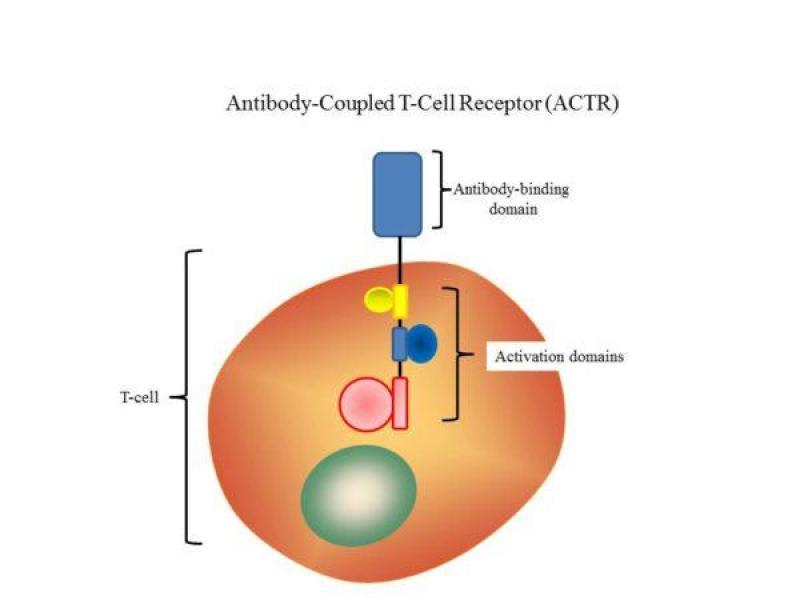The field of cancer immunotherapy has witnessed remarkable progress in recent years, and one of the promising approaches that has gained significant attention is Antibody-Coupled T-Cell Receptor (ACTR) therapy. This innovative treatment strategy has the potential to revolutionize cancer care by harnessing the power of the immune system to target and destroy cancer cells. In this blog, we will explore the current state of the Antibody-Coupled T-Cell Receptor Therapy market and the exciting developments within it.
Understanding ACTR Therapy
ACTR therapy is a type of adoptive cell therapy that combines the specificity of antibodies with the potent cytotoxicity of T cells. It works by genetically engineering a patient's T cells to express a chimeric antigen receptor (CAR) that is coupled with an antibody fragment. This fusion enables T cells to recognize and attack cancer cells more effectively, enhancing the immune response against the tumor.
Market Growth and Potential
The Antibody-Coupled T-Cell Receptor Therapy market has been growing steadily, driven by a combination of factors:
- Clinical Success: Early clinical trials have shown promising results, with patients experiencing significant tumor regression and, in some cases, complete remission. These successes have attracted considerable investment and interest from pharmaceutical companies and research institutions.
- Diverse Applications: ACTR therapy has the potential to target a wide range of cancer types, making it a versatile treatment option. Researchers are exploring its efficacy against solid tumors, blood cancers, and even challenging malignancies.
- Customization: ACTR therapy can be customized for each patient, making it a personalized treatment approach. This individualization enhances its potential for success and reduces the risk of adverse effects.
- Reduced Side Effects: Unlike traditional chemotherapy and radiation therapy, ACTR therapy is designed to target cancer cells specifically, minimizing damage to healthy tissue and reducing the severity of side effects.
- Investment and Collaboration: Pharmaceutical companies have been actively investing in ACTR therapy research and development, and partnerships between academia and industry are fostering innovation in this field.
Challenges and Future Directions
Despite its promising outlook, the ACTR therapy market faces several challenges:
- High Costs: The personalized nature of ACTR therapy can result in high treatment costs. Efforts are underway to reduce production expenses and improve cost-effectiveness.
- Regulatory Hurdles: Regulatory approval processes for advanced immunotherapies are complex and time-consuming. Streamlining these processes is crucial to bring ACTR therapies to a broader patient population.
- Managing Side Effects: While ACTR therapy is designed to minimize side effects, some patients may still experience adverse reactions. Ongoing research aims to enhance safety profiles.
- Access and Equity: Ensuring equitable access to ACTR therapy for all patients, regardless of their geographical location or socioeconomic status, is a priority for healthcare providers and policymakers.
Conclusion
The Antibody-Coupled T-Cell Receptor Therapy market holds immense promise in the fight against cancer. Its combination of specificity, versatility, and potential for customization makes it a powerful tool in the arsenal of cancer treatments. As research continues to advance, we can expect to see even more remarkable developments in this field, bringing hope to cancer patients worldwide. However, addressing cost, regulatory, and access challenges will be essential to fully unlock the potential of ACTR therapy and make it a standard of care in the future.
Read More….
Batten Disease Treatment Market
Vertebral Compression Fracture Devices Market
